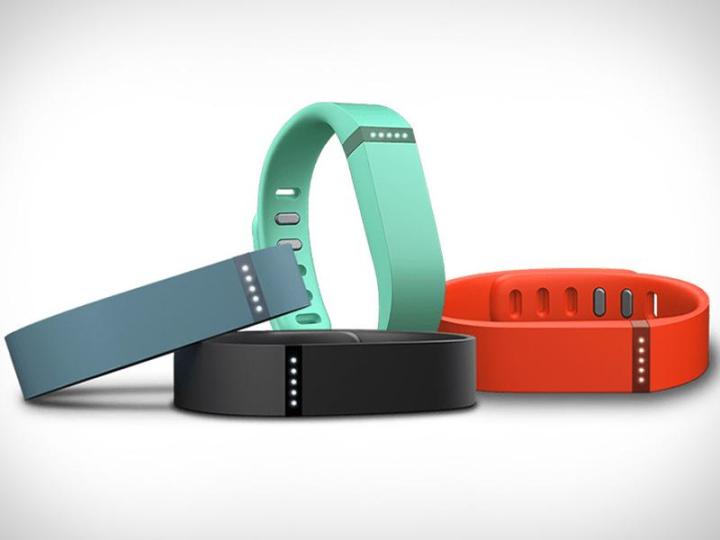
According to one of the most recent studies on the market, 1 in 10 Americans over 18 years old now owns a fitness tracker of some description. These devices are no longer just for our own personal use, however — a growing number of trackers are being used in corporate wellness programs to enable employers to keep tabs on the health of their teams.
In a fresh report from Forbes, CEO James Park says business sales represent “one of the fastest-growing parts of Fitbit’s business,” and it’s not just Fitbit cashing in. Employers such as BP and Autodesk have begun offering staff members the opportunity to use fitness trackers for free or at heavily discounted rates: The staff get extra hardware to help them stay healthy and employers get a healthier workforce, or at least that’s the theory.
For the time being, participation in such programs is voluntary — there’s no sign yet that the quality of your sleep or the number of steps you take each day could affect your chances of promotion. Data is managed and verified by independent third-parties in the programs that are currently active, and for the time being the collected information is not directly used to negotiate lower prices for health insurance premiums.
A spokesperson for health insurer Cigna said the company hopes that the use of employee fitness trackers can ultimately be used to bring medical costs down and spot potential health issues before they become serious. For now, these schemes are limited in number and scope, but it might be a good time to ask yourself how much you’re prepared to let your employer and insurance company know about you.
Editors' Recommendations
- The best Fitbit devices in 2023: 6 best watches and trackers
- The future of Fitbit doesn’t look good
- Best Prime Day Fitbit Deals for October 2022
- Fitbit Versa 4 vs. Fitbit Versa 3: What’s changed?
- Oura Ring gets serious about fitness, now syncs with Strava

